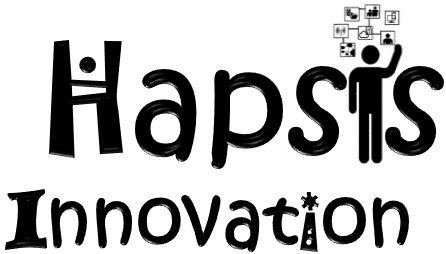Influencing and negotiation are key skills, not just for managers but for employees at all levels. They may be used in many different contexts, to make sure your idea is heard, put forward a convincing argument for an alternative approach, get the support you need to bring the team together, or to win business, get a promotion or secure a job.
So what’s the secret? Working with Andrew Scott Training, we explored this with a team keen to improve their skills both with each other and with key stakeholders they work with. Here’s a few of the ideas we were working with:
We explored push and pull styles and personal influencing behaviours in a series of small group exercises that the team felt very useful, practising techniques including how to effectively state wants and consequences and building relationships through active listening and questioning.
Perceptions are a key psychological process that can impact on effective influencing. We took at quick tour through a range of cognitive biases and information processing shortcuts that lead to assumptions and errors in judgement.
The Harvard Negotiation Project leads us into another important area for negotiation, based on the premise of moving from taking positions to openly exploring the respective interests of the parties involved, to seek out shared interests and etablish more effectively where conflicting interests really lie.
Robert Cialdini from Arizona State University is the author of the bestselling book Influence: the Psychology of Persuasion, and his 6 strategies for influence include liking, reciprocity, scarcity, social proof, authority, commitment and consistency. We discussed how these principles could be used in practice. You can hear Cialdini introducing his strategies in the context of sales in this video

Comments are closed